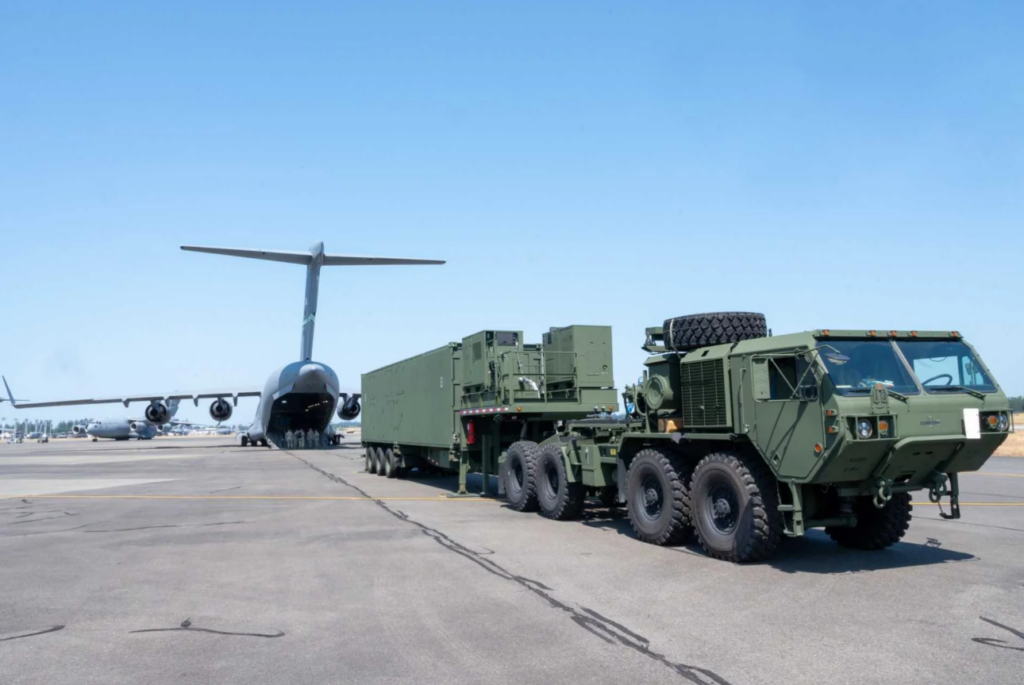Germany’s €108.2 Billion 2026 Defense Budget Setting Stage for Historic Military Build-Up
In mid-2025, Berlin’s new government unveiled a record defense budget for 2026. The draft federal budget (approved by Chancellor Friedrich Merz’s cabinet on July 30) calls for roughly €108.2 billion in military spending next year. The plan would raise German defense outlays to approximately 3.5% of GDP by 2029. Official documents show the normal 2026 defense budget will be about €82.7 billion (an increase of ~€29.4 billion), supplemented by a €25.5 billion one‑off “Zeitenwende” (‘turning point’) fund.
Approximately €82.7 billion of the total comes from the regular Bundeswehr budget, with the remainder from a special fund established following Russia’s 2022 invasion of Ukraine. The special fund, initially €100 billion, is financing a €77 billion push in 2025–27. Germany will issue massive new debt (approximately €174.3 billion in 2026 alone) to cover infrastructure and military needs.

The scale of the increase is striking. The draft 2025 defense spending was approximately €95 billion (including fund transfers). In 2026, Germany’s budget will be nearly double France’s €57.2 billion defense budget 2026. Germany only just met NATO’s 2% GDP target in 2024, so this jump to ~2.8% by 2026 is unprecedented. By 2029, spending is projected to reach around €162 billion. NATO allies agreed in June 2025 on a new benchmark of 2.8% of GDP for 2026 (and 5% by 2035), which Germany’s plan nearly reaches for 2026.
Germany will allocate the funds to modernize and expand its military forces. Major procurement initiatives are underway, with reports indicating plans to purchase thousands of new vehicles, including up to 1,000 Leopard 2A8 main battle tanks, 3,500 Boxer armored vehicles, and 5,000 Patria 6×6 trucks, in addition to approximately 20 more Eurofighter jets. In July 2025, the Defense Ministry also confirmed orders of new air-defense (Patriot/MEADS) batteries and long-range missiles. Nearly all of the 2026 increase is being allocated to purchases of weapons and ammunition. The budget provides for approximately 10,000 new soldiers (plus 2,000 civilian posts) in 2026. The Defense Ministry plans a new universal military service registration to boost recruitment and explicitly says, “the security situation comes before budget constraints”.
Much of this push is justified by the war in Ukraine and NATO solidarity. Germany has already committed tens of billions in military aid to Kyiv, and the 2026 budget reportedly earmarks around €8–9 billion for Ukraine assistance (official projections set roughly €9 billion per year for Ukraine and other partners). Defense Minister Boris Pistorius has underscored this shift, noting that the Bundeswehr must become fully “sustainable” against a growing threat.
The budget still requires parliamentary approval but the main parties in government (CDU/CSU, FDP, and Greens) have largely united behind it. The 2026 budget marks a historic leap that initiates a long-term buildup of the Bundeswehr, solidifying Germany’s role in NATO and countering challenges from Russia while modernizing its forces.

